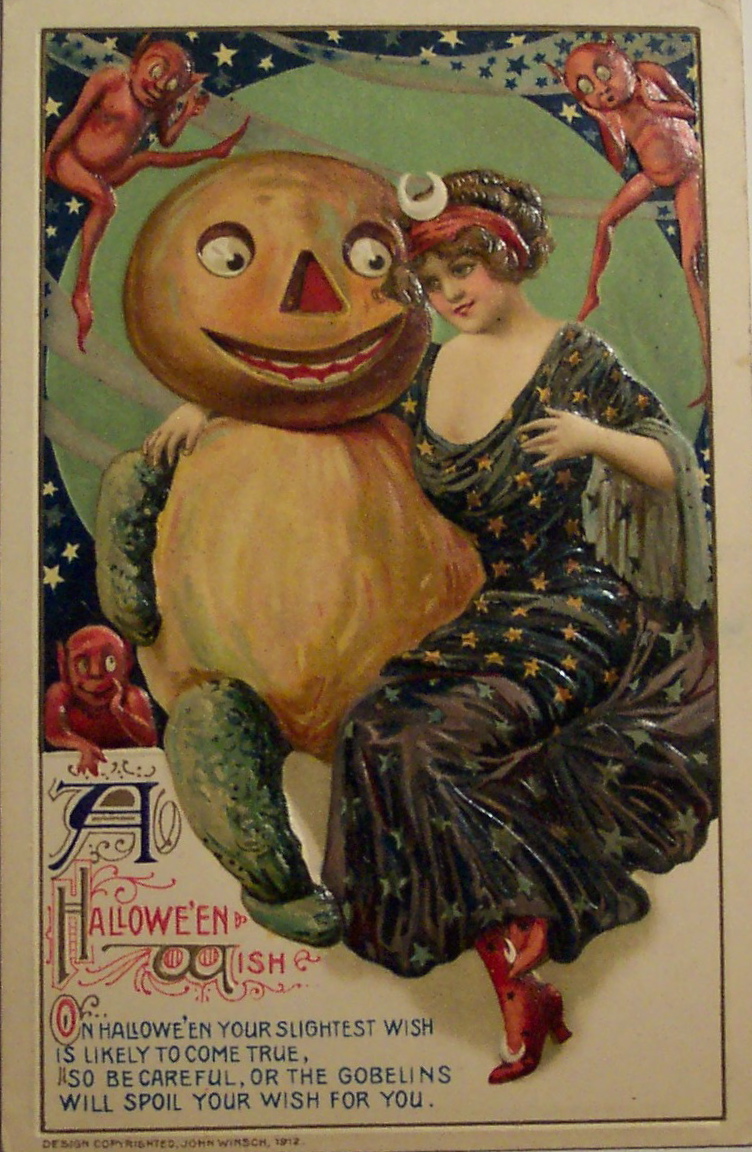He has arrived!
Trumping all his mother's darkest previsions of "probably sometime in mid-January", Gabriel decided to join us early on Saturday morning, 10 days before his due date, and just as his Daddy started his holidays. So he is already scoring high on the favourite child stakes.
****** You can stop here if you don't want any gory details, and enjoy the sweet baby. *********
If however, you enjoy gory details, here is the full story:
As we went to bed on Friday night, I informed Simon that I was getting quite a lot of tightenings, but neither of us were too alarmed by this as I have been getting so many Braxton-Hicks this time around.
Then around one o'clock, I got up (not sure why, but it was lucky), and my waters broke as soon as I was out of bed. So we called my lovely friend, and woke Jude up, Emilie took us to the hospital and Jude to stay with her.
At the hospital, I was still getting "tightenings", but nothing else. By the time they laid me down to monitor the baby, I was getting nothing at all. I still stayed strapped to that bed for 4 hours as they were looking for a particular reading that they weren't getting, but overall, it was quite an anti-climactic experience.
We did have time for a funny chat with one of the midwives who had read my cranky birth plan about being allowed epidurals and husbands, though.
Eventually they just decided to send us home, and book me in for an induction on Sunday morning if nothing had happened in between.
So we took a taxi home, I warned Emilie, and the tightenings kind of appeared again, but we just went back to bed.
Where we stayed about 30 minutes.
By then the contractions were one to one-and-a-half minute long, but remembering the endless agony of Jude's birth, I wasn't really sure if we needed to go to the hospital or not (being cheerfully optimistic, I was planning on another 12-hour marathon). Eventually I let Simon make the call and they told us that, yup, we needed to come back in.
By the time we were in the taxi, the contractions were getting really painful, and I was getting terrified at the idea that this was only the beginning, that it was still going to be much longer and much more painful.
We arrived at the hospital just in time for change-over between night and day teams, so they just left us in a room on our own for half an hour.
By the time the midwife arrived to introduce herself I had reached the "talking nonsense JUST GET ME THE $£%$^%&^%*&^%*$ EPIDURAL" stage but Simon is not allowed to repeat what I said.
Then they had to man-handle me onto the bed (I am a bit stubborn at the best of times), announced that the baby was crowning (which I kind of knew, but still wanted an epidural, because logic).
Then in three pushes Gabriel was there.
So the midwife was with us for the grand total of ten minutes. And I did survive without an epidural. Or anything else, for that matter.
And well, going to France wouldn't have made much of a difference, as they apparently have not got special working-in-under-a-minute epidurals there either.
Oh well.
Look at all the babies I've got now, though!
Trumping all his mother's darkest previsions of "probably sometime in mid-January", Gabriel decided to join us early on Saturday morning, 10 days before his due date, and just as his Daddy started his holidays. So he is already scoring high on the favourite child stakes.
****** You can stop here if you don't want any gory details, and enjoy the sweet baby. *********
If however, you enjoy gory details, here is the full story:
As we went to bed on Friday night, I informed Simon that I was getting quite a lot of tightenings, but neither of us were too alarmed by this as I have been getting so many Braxton-Hicks this time around.
Then around one o'clock, I got up (not sure why, but it was lucky), and my waters broke as soon as I was out of bed. So we called my lovely friend, and woke Jude up, Emilie took us to the hospital and Jude to stay with her.
 |
| Woken-up-at-two-o'clock-Jude was not even a little fazed. |
At the hospital, I was still getting "tightenings", but nothing else. By the time they laid me down to monitor the baby, I was getting nothing at all. I still stayed strapped to that bed for 4 hours as they were looking for a particular reading that they weren't getting, but overall, it was quite an anti-climactic experience.
We did have time for a funny chat with one of the midwives who had read my cranky birth plan about being allowed epidurals and husbands, though.
Eventually they just decided to send us home, and book me in for an induction on Sunday morning if nothing had happened in between.
So we took a taxi home, I warned Emilie, and the tightenings kind of appeared again, but we just went back to bed.
Where we stayed about 30 minutes.
By then the contractions were one to one-and-a-half minute long, but remembering the endless agony of Jude's birth, I wasn't really sure if we needed to go to the hospital or not (being cheerfully optimistic, I was planning on another 12-hour marathon). Eventually I let Simon make the call and they told us that, yup, we needed to come back in.
By the time we were in the taxi, the contractions were getting really painful, and I was getting terrified at the idea that this was only the beginning, that it was still going to be much longer and much more painful.
We arrived at the hospital just in time for change-over between night and day teams, so they just left us in a room on our own for half an hour.
By the time the midwife arrived to introduce herself I had reached the "talking nonsense JUST GET ME THE $£%$^%&^%*&^%*$ EPIDURAL" stage but Simon is not allowed to repeat what I said.
Then they had to man-handle me onto the bed (I am a bit stubborn at the best of times), announced that the baby was crowning (which I kind of knew, but still wanted an epidural, because logic).
Then in three pushes Gabriel was there.
So the midwife was with us for the grand total of ten minutes. And I did survive without an epidural. Or anything else, for that matter.
And well, going to France wouldn't have made much of a difference, as they apparently have not got special working-in-under-a-minute epidurals there either.
Oh well.
Look at all the babies I've got now, though!


















_-_Ad_1.jpg)




![See page for author [CC BY 2.5 (http://creativecommons.org/licenses/by/2.5)], via Wikimedia Commons](https://upload.wikimedia.org/wikipedia/commons/5/51/Emperor_Hadrian_Louvre_Ma3131_n2.jpg)
